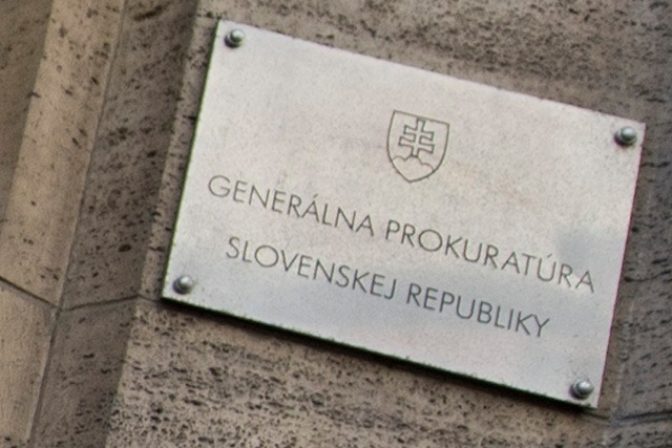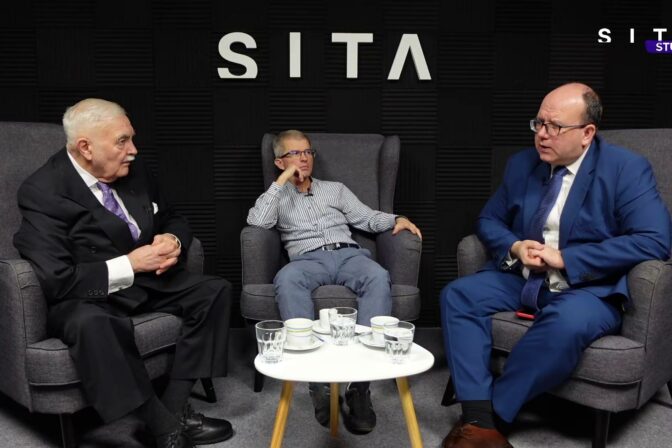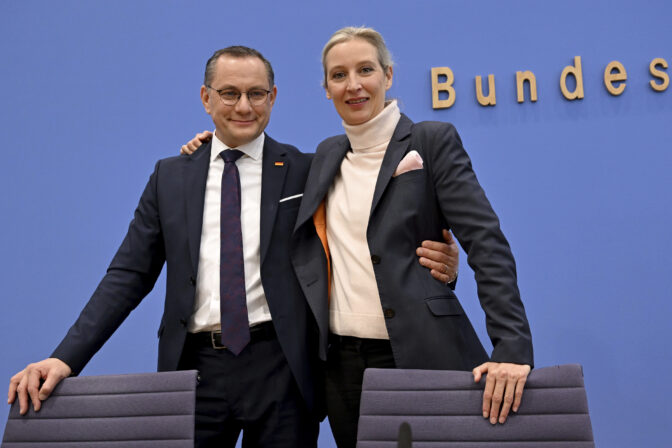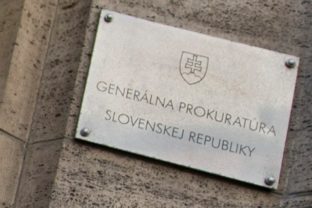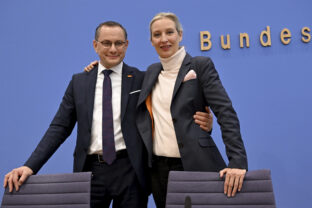BRATISLAVA, August 26, (WEBNOVINY) — After a summer recess of less than two months, members of the Slovak Parliament will return to work on September 6. Speaker of Parliament Richard Sulik (SaS) has convened the 22nd parliamentary session of this election term for that date. Preliminary agenda of the session has 96 points. Among them, in the first reading, MPs will address the Cabinet’s proposal to cancel the so-called concessionaire fees people pay to public service media and their replacement by direct payment from the state budget defined as a set percentage of GDP. Justice Minister Lucia Zitnanska (SDKU-DS) will come to Parliament to defend her proposal to separate the functions of chairman of the Judicial Council and president of the Supreme Court. If she succeeds, Stefan Harabin could lose his post as head of the Judicial Council. Parliament will try to elect the new director of the National Security Office (NBU). The ruling coalition has agreed to support the nomination of Kamil Krnac (SaS) for the post.
The program also includes proposals tabled by MPs that Parliament did not manage to discuss in June. They will be returning to the subject of abolition of immunity for minor offenses or cancellation of the so-called Meciar’s amnesties from 1998. Igor Matovic and his Ordinary People group will strive to promote an amendment to the law on parliamentary elections, which would allow any citizen to run for parliament, not only those who make it to party lists. The Ordinary People group indicated that if parliament does not approve this amendment, they would establish their own political party with the sole purpose of getting independent personalities to parliament. SDKU deputies want to limit spending on state parental allowances and childbirth contributions for non-working parents. If over the past four years, parents have not worked for at least 270 days, their parental contribution would be halved, and the childbirth contributions would be lost completely. There are, however, exemptions for students and young graduates.
Opposition SMER-SD will be waiting whether it would succeed with its amendment to the Constitution, enacting an explicit provision that Slovakia is only recognized minority rights acquired on an individual, not collective basis. Another proposal from SMER-SD members is a bill that would make prenuptial agreements legally binding. Former SNS members Anna Belousovova and Rudolf Pucik want to enact through a change in the law on elections to municipal bodies that only secondary school graduates can be candidates for mayor.
SITA



